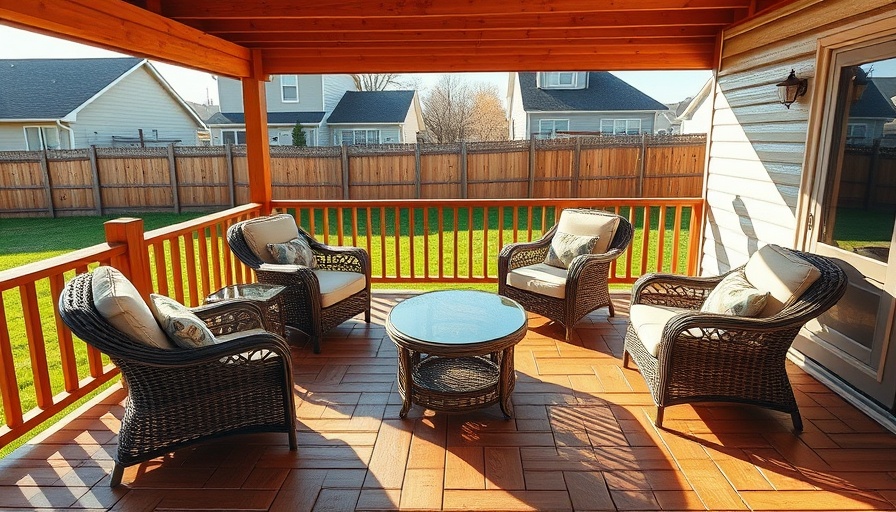
Crucial Insights: The Dangers of Pouring Boiling Water
We've all been there – a clogged sink, that temptation to grab the kettle and set your plumbing woes straight with a steaming pour of boiling water. But before you leap into action, let's unpack why that seemingly harmless action could lead to some serious plumbing problems.
Understanding the Mechanics of Your Pipes
Your kitchen sink's plumbing is quite the intricate system. Comprised of various materials – from PVC to metal – each section of piping has its thermal threshold. When boiling water courses through these pipes, especially those made of plastic, it can cause them to warp, weaken, or even crack. Experts urge caution as temperatures exceeding 140°F can significantly damage plastic pipes.
Long-Term Consequences of Right Now Fixes
Sure, pouring boiling water might seem like a quick fix, but consider the long-term implications. Those temporary clogs may evolve into more significant plumbing issues. According to home repair specialists, introducing boiling water consistently can lead to a cascade of issues, stretching from damaged pipes to potential leaks and costly repairs.
Safer Alternatives for Unclogging
If boiling water is off the table, what can you do? There are several safer, more effective methods to unclog your sink:
- The Baking Soda and Vinegar Combo: This dynamic duo can effectively clear out minor clogs. Pour half a cup of baking soda down the drain, followed by a half cup of vinegar. Cover the drain for 15 minutes, then flush with hot water.
- Use a Plunger: A plunger is a straightforward, yet effective, tool you'll want to keep handy. Ensure you have a good seal around the drain and apply upward and downward pressure to clear the obstruction.
- Consider a Snake: Drain snakes are cost-effective and help reach deeper clogs. This tool can help remove hair, food particles, or debris stuck further down the line that simply won't budge with standard methods.
Environmental Implications: A Sustainable Approach
Aside from damaging your plumbing, pouring boiling water down the sink can have an environmental impact. Hot water may lead to a change in temperature at your local wastewater treatment facilities, raising concerns about energy usage and ecological consequences. By practicing safer unclogging methods, you become part of the solution, reducing your carbon footprint while still addressing your plumbing needs.
Future Predictions: Plumbing Technology Innovations
The world of plumbing technology is evolving. With smart home systems on the rise, more homeowners are investing in tools that can monitor and notify about plumbing issues before they escalate into costly repairs. Innovations like smart leak detectors and automated drain cleaners can significantly reduce incidences of clogs without the need for boiling water.
Common Misconceptions about Plumbing Repairs
A prevalent belief is that strong heat is the best method to eliminate clogs. This notion disregards the varying materials in plumbing systems which react differently to temperature changes. Remember, not every blockage can or should be met with hot water! Relying on tried-and-true methods and tools can save you from developing future plumbing headaches.
The Emotional Drain of DIY Fails
Picture this: you’re in your PJs, freshly poured coffee in hand, only to find yourself knee-deep in water because your DIY boil-and-pour has gone wrong. The stress and time involved in fixing a simple plumbing issue that snowballed due to damaging your pipes can be exhausting. Taking a moment to analyze before jumping right into boiling solutions can save you not just plumbing woes but also your sanity!
Always remember, your kitchen sink is not a pot. With patience, knowledge, and a bit of humor, you can steer clear of boiling water mishaps and keep your plumbing in its best shape. Happy unclogging!
 Add Row
Add Row  Add
Add 



Write A Comment